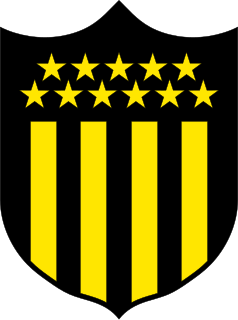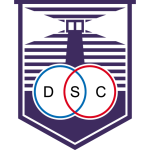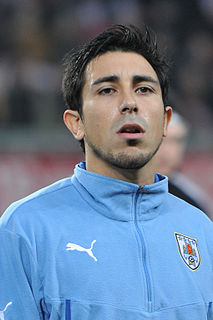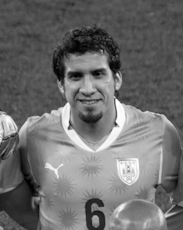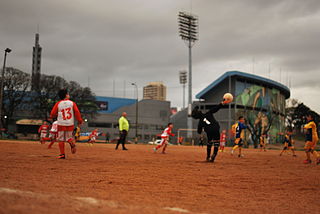| Founded | 2009 |
|---|---|
| Region | South America (CONMEBOL) |
| Number of teams | 4 |
| Current champions | |
| Most successful team(s) | (2 titles) |
| Website | Copa Bimbo |
The Campeonato Internacional de Verano, also known under its sponsored name Copa Bimbo , is an international exhibition football competition hosted in Montevideo, Uruguay since 2009. It features four teams: Uruguay's two major teams Nacional and Peñarol, and guest teams from Argentina (in 2011), Brazil (in 2009) and Paraguay (in 2010 and 2011). All matches are played at the Estadio Centenario in Montevideo, the home stadium of the Uruguayan national team and the host of the 1930 FIFA World Cup Final. The tournament is produced and televised by Uruguayan telecommunications company Tenfield, and is sponsored by the Mexican bakery and food corporation Grupo Bimbo.
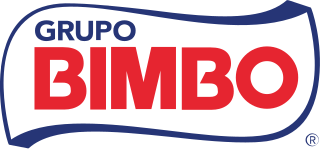
Grupo Bimbo, S.A.B. de C.V., known as Bimbo, is a Mexican multinational bakery product manufacturing company headquartered in Mexico City, Mexico. It is the world's largest baking company and operates the largest bakeries in the United States, Mexico, Canada, Chile and Spain, and has some of the widest distribution networks in Mexico and the United States. It was also the ninth largest company of Mexico by revenues in 2013.

An exhibition game is a sporting event whose prize money and impact on the player's or the team's rankings is either zero or otherwise greatly reduced. In team sports, matches of this type are often used to help coaches and managers select and condition players for the competitive matches of a league season or tournament. If the players usually play in different teams in other leagues, exhibition games offer an opportunity for the players to learn to work with each other. The games can be held between separate teams or between parts of the same team.

Association football, more commonly known as football or soccer, is a team sport played with a spherical ball between two teams of eleven players. It is played by 250 million players in over 200 countries and dependencies, making it the world's most popular sport. The game is played on a rectangular field called a pitch with a goal at each end. The object of the game is to score by moving the ball beyond the goal line into the opposing goal.
Contents
The 2009 tournament was won by Brazilian club Cruzeiro, and the 2010 and 2011 edition was won by Uruguayan club Nacional.
The Campeonato Internacional de Verano 2009, also known by the sponsored name Copa Bimbo, was the inaugural Campeonato Internacional de Verano, an exhibition international club football competition featuring four clubs from Uruguay and Brazil. It was played in Montevideo, Uruguay at the Estadio Centenario from 17 to 21 January 2009. It was won by Brazilian club Cruzeiro, who defeated Uruguayan side Nacional in the final.

Cruzeiro Esporte Clube, commonly known as Cruzeiro and nicknamed Raposa, is the biggest Brazilian multisport club; based in Barro Preto, Belo Horizonte. Although they compete in a number of different sports, Cruzeiro is mostly known for its association football team. It plays in the Campeonato Mineiro, the state of Minas Gerais's premier state league, as well as in the Campeonato Brasileiro Série A, the top tier of the Brazilian football league system. Cruzeiro is one of the four Brazilian clubs to have never been relegated, along with São Paulo, Flamengo and Santos.

Club Nacional de Football is a sports institution from Uruguay, founded on 14 May 1899 in Montevideo, as a result of the fusion between Uruguay Athletic Club and Montevideo Fútbol Club. Although its main focus is football, the club hosts many other activities including basketball, futsal, tennis, cycling, volleyball and chess.
